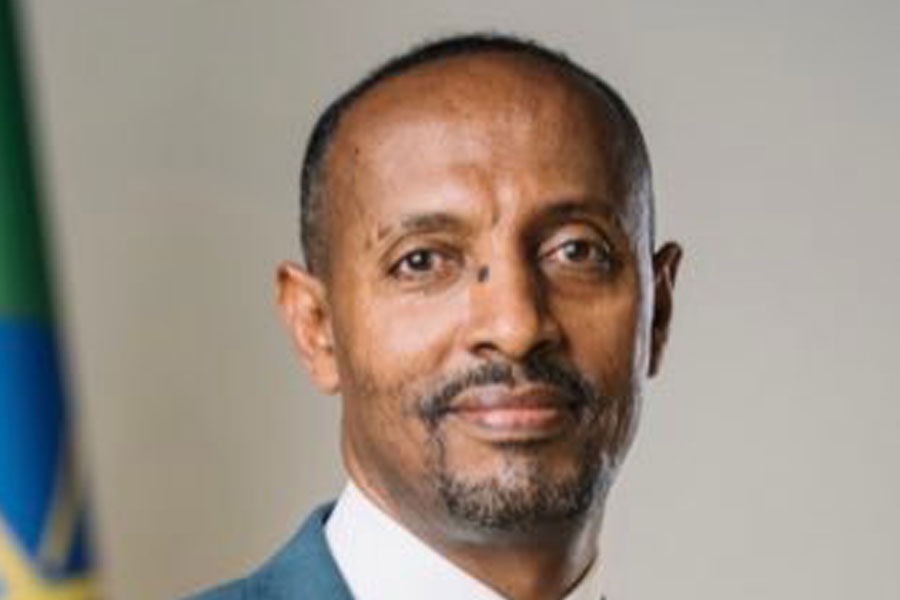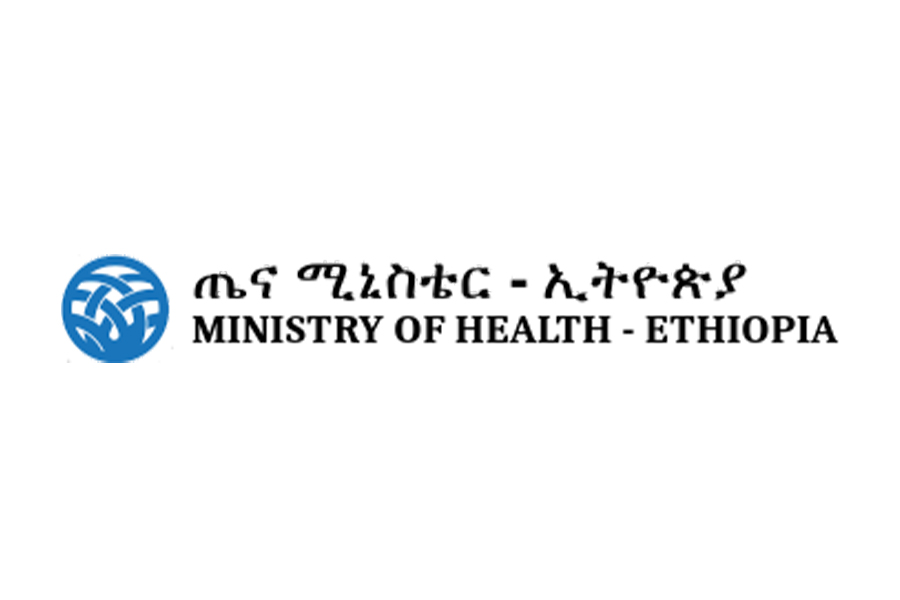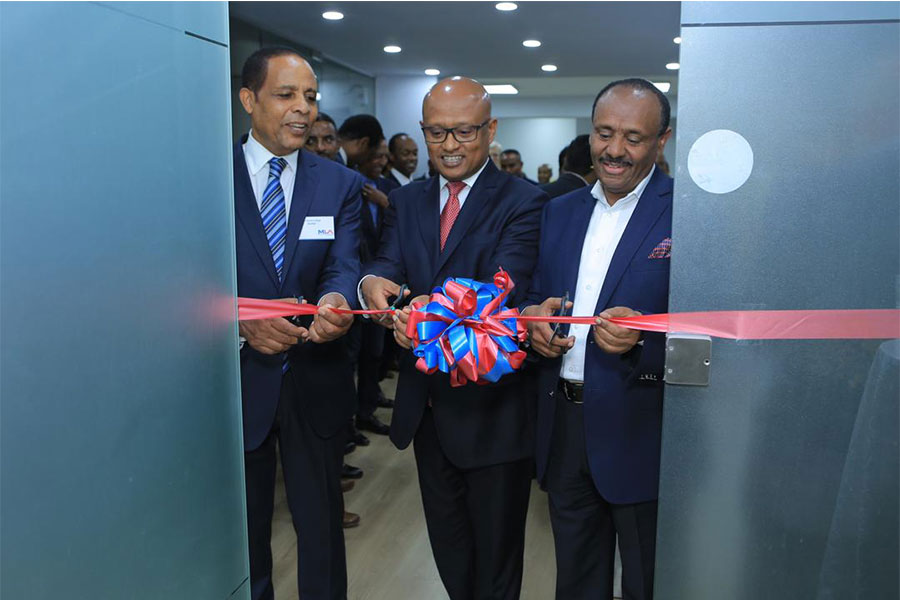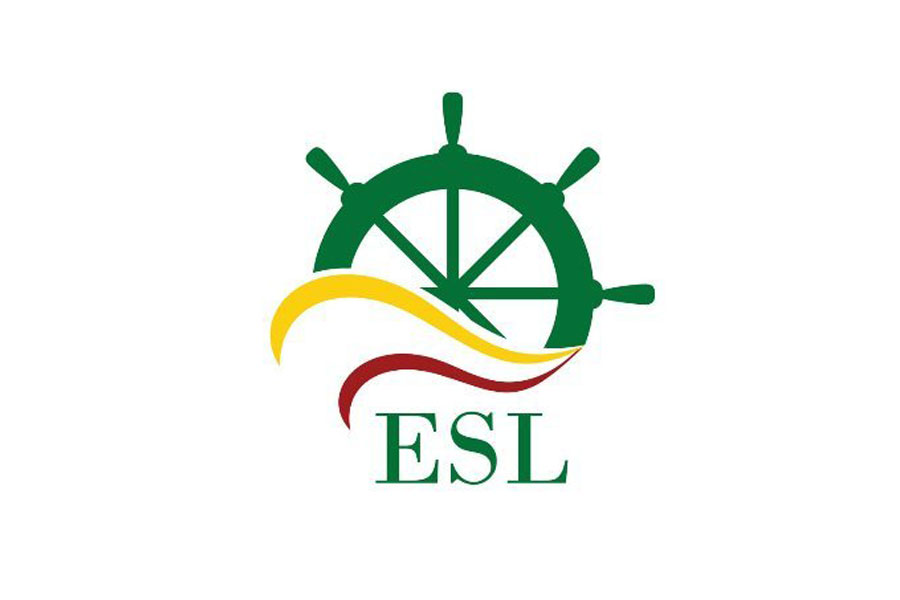
Editorial | Mar 19,2022
The Ministry of Finance is in the process of establishing a new entity to absorb state-owned enterprises' residual debt owed both to the Commercial Bank of Ethiopia (CBE) and external lenders, guaranteed by the Ministry.
Dubbed the Asset & Liability Management Company, it will be established as a state-owned enterprise and will report to the Ministry. Formed by a forthcoming regulation that will be approved by the Council of Ministers, the company will partially absorb the debt of other state-owned enterprises that they request to be taken off their balance sheets.
Absorbing the debt of the enterprises, the new entity will manage the investment activities, assets and liabilities of the enterprises. It is expected to absorb a little over half a trillion Birr in residual debt, which the enterprises cannot currently service. Over half of these loans are from the CBE, while the remaining are from China and other lenders.
It will also work on clearing the balance sheet of the highly indebted enterprises in order to make them sound, which will enable them to secure soft loans from international financial institutions such as the IMF or World Bank.
The entity, which will have a board of directors, can engage in commercial activities to generate revenues by divesting the assets of the state-owned enterprises, such as renting and leasing out idle properties. It will also be responsible for either liquidating, leasing or streamlining the enterprises into productive assets in a way that it can generate income by involving the private sector.
The end goal of the company is to make itself a sovereign bond, a debt security issued by a government in a foreign currency.
To handle the distressed debts, the Ministry at this stage can not absorb the debt by law. First, it needs to receive that privilege through the establishment proclamation of public enterprises, which is in the making, according to a source knowledgeable about the issue.
The decision to establish the bad debt entity came onto the scene following the proposal of a committee that was formed in April with members from the Ministry of Finance, the National Bank of Ethiopia and the Public Enterprises Holding & Supervision Agency.
The team, which has been diagnosing the problem and debt stress of the companies to reinforce the country's financial stability using a holistic approach, came up with a solution of partially absorbing the debt through the new company. It tabled the proposal to the macroeconomic committee, which is chaired by Prime Minister Abiy Ahmed (PhD). The macroeconomic committee approved the proposal on July 30, 2020.
Ethiopian Electric Power (EEP), the Sugar Corporation, the Metals & Engineering Corporation (MetEC), the Ethiopian Railways Corporation (ERC) and the Chemical Industry Corporation are among the institutions that have huge unserviced debts with CBE. The companies have been borrowing with a guarantee from the Finance Ministry. CBE is owed 370 billion Br from EEP, 120 billion Br from ERC, 70 billion Br from the Sugar Corporation, and 74 billion Br from MetEC among others.
In making the decision, the team has assessed the solvency of the companies, their capacity to pay off their debt, and their debt-service coverage ratios to assess the serviceable and the residual debts.
After becoming operational, the company can be recapitalised in many ways including via the Industrial Development Fund, which will handle revenues generated from the privatisation of state-owned enterprises and the liberalisation of sectors that have been closed to foreign and private investments. The company can also be recapitalised from funds that will be generated from development partners.
With the approved proposal, every state-owned enterprise must develop a Key Performance Index (KPI). In addition to KPIs, there will also be audit reports to observe revenue generation. They will draw out investment strategies with the government, considering the commercial viability.
If the government plans to kick off socioeconomic projects, it has to draw out this investment strategy and finance it through the budget and not through borrowing, according to the approved resolution.
Ethiopian Electric Power, some of whose debt will be absorbed by the new company, requested that half of their debt be soaked up.
It will pay off the remaining debt generating revenues through different efforts, according to a source from the company.
Making cost-reflective tariff adjustments, increasing internal performance, increasing the power that is exported to neighbouring countries and launching future investment through the private sector are the mechanisms the company outlined to boost its revenues and service its debt.
The team, which worked on the restructuring, will hold its first meeting this Monday to discuss how to proceed with the implementation of the new decisions. The heads of the state-owned enterprises will also take part in the meeting.
PUBLISHED ON
Aug 01,2020 [ VOL
21 , NO
1057]

Editorial | Mar 19,2022

Radar | Apr 29,2023

Fortune News | May 18,2019

Fortune News | Oct 06,2024

Fortune News | Jun 24,2023

My Opinion | Aug 18,2024

Fortune News | Feb 23,2019

Radar | Feb 04,2023

Editorial | Jul 30,2022

Radar | May 18,2024

Dec 22 , 2024 . By TIZITA SHEWAFERAW
Charged with transforming colossal state-owned enterprises into modern and competitiv...

Aug 18 , 2024 . By AKSAH ITALO
Although predictable Yonas Zerihun's job in the ride-hailing service is not immune to...

Jul 28 , 2024 . By TIZITA SHEWAFERAW
Unhabitual, perhaps too many, Samuel Gebreyohannes, 38, used to occasionally enjoy a couple of beers at breakfast. However, he recently swit...

Jul 13 , 2024 . By AKSAH ITALO
Investors who rely on tractors, trucks, and field vehicles for commuting, transporting commodities, and f...

Jun 28 , 2025
Meseret Damtie, the assertive auditor general, has never been shy about naming names...

Jun 21 , 2025
A well-worn adage says, “Budget is not destiny, but it is direction.” Examining t...

Jun 14 , 2025
Yet again, the Horn of Africa is bracing for trouble. A region already frayed by wars...

Jun 7 , 2025
Few promises shine brighter in Addis Abeba than the pledge of a roof for every family...